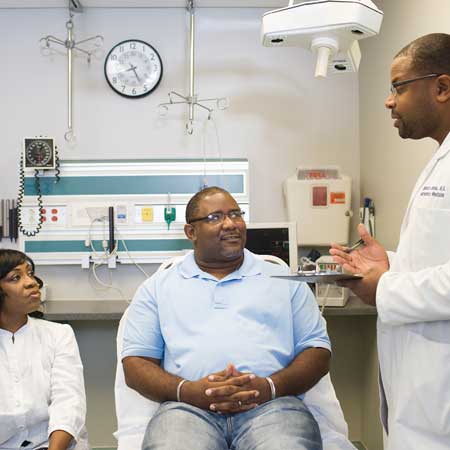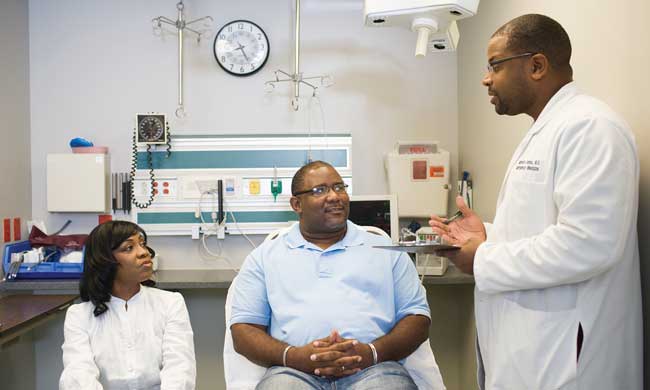Know Your Kidneys


How to prevent and manage kidney disease
(Family Features) You may not think much about your kidneys unless there’s a problem, but they play a vital role in your health.
Your kidneys continually filter your blood to remove extra fluid and waste, which is released from the body as urine. They also help control blood pressure and keep bones healthy. Consider this information from Know Your Kidneys, an education campaign from the American Kidney Fund, Boehringer Ingelheim and Otsuka, to understand how your kidneys work, how to protect them and help prevent kidney disease, which has no cure.
What is kidney disease?
Kidney disease means your kidneys are permanently damaged and do not work as they should. This lets extra fluid and waste flow back into your bloodstream instead of leaving your body as urine.
An estimated 37 million Americans are living with kidney disease, and 1 in 3 adults is at risk for the disease, according to the American Kidney Fund. Kidney disease typically does not have any symptoms until the late stages, so most people do not know they have it.
Who is at risk?
Kidney disease doesn’t discriminate; people of all backgrounds get it. However, multiple barriers contribute to inequity in kidney care, including systemic racial and ethnic biases, language and cultural differences and where a person lives. These barriers make it more likely for certain people’s kidney disease to progress to kidney failure – the last stage of kidney disease. For example, Black Americans make up just 13% of the population, but they are 3.4 times more likely than white Americans to progress to kidney failure.
Other risk factors include diabetes, high blood pressure, hereditary causes or having a family history of the disease, being over the age of 60, obesity and smoking. Talking with your doctor about these risk factors is an important step toward managing your kidney health. Being tested for kidney disease if you are at risk can help detect early problems.
What are the symptoms?
In the later stages of kidney disease, you may have symptoms like foot swelling, nausea and fatigue. Other potential symptoms include itching, muscle cramps, changes in urine output, loss of appetite, trouble catching your breath and problems sleeping.
Regular blood and urine tests can help monitor your kidney health. Ask your doctor to check your kidney function, and if the tests reveal concerns, work together to create a plan.
What are the treatment options?
There is no cure for kidney disease, but you can take actions and medicines to manage your condition and possibly help prevent the disease from progressing to kidney failure. Depending on the specific cause of your kidney problems, your doctor may suggest controlling your blood sugar, blood pressure and cholesterol; eating healthy; quitting smoking; and being more physically active and maintaining a healthy weight. Medicines can also help control kidney disease for people with diabetes.
If kidney disease progresses to kidney failure, dialysis or a kidney transplant is required to survive.
How to advocate for kidney health
Dawn Edwards was just 23 when she developed kidney failure, reinforcing that kidney disease can affect anyone at any age. While Edwards juggles life with dialysis, she also regularly talks to newly diagnosed and high-risk patients.
“My advice is to learn as much as you can and have honest, frank discussions with your doctor,” Edwards said. “Learn about your treatment options, including the side effects of medications, and lifestyle changes that can manage your diabetes and high blood pressure and ultimately slow or stop the progression of kidney disease.”
For more information, visit KidneyFund.org/KnowYourKidneys.
Photo courtesy of Getty Images
SOURCE:
American Kidney Fund







